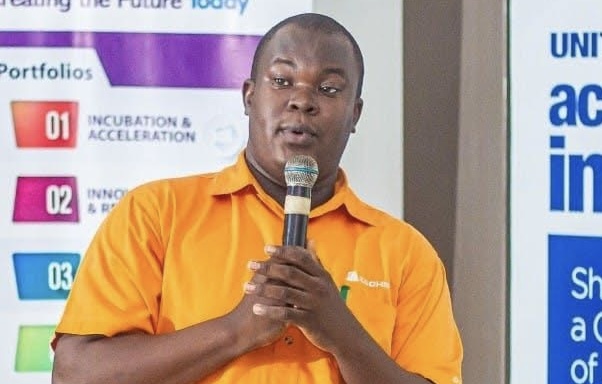In a remarkable display of local ingenuity, Oswald Abioseh Dundas, a young Sierra Leonean inventor, has developed an innovative energy system that generates electricity from saltwater, offering a sustainable solution to the country’s ongoing power shortages. The invention, dubbed a potential game-changer, is particularly significant for off-grid communities across Sierra Leone and other parts of Africa where access to electricity remains critically low.
Dundas, who is not formally trained as an engineer, designed and built the system using locally available materials. The device reportedly uses saltwater as an electrolyte, functioning in a manner similar to traditional galvanic cells. Through a controlled chemical reaction involving salt ions and metal electrodes, the system produces enough electricity to power light bulbs and small appliances without the use of fossil fuels or an external power source.
This clean energy solution addresses an urgent need. In Sierra Leone, only about 30% of the population has access to electricity, and in rural areas, that number drops to below 5%. Frequent blackouts and an underdeveloped national grid have long hindered economic growth, education, and healthcare delivery. Dundas’s saltwater system presents a low-cost, renewable alternative, especially vital in coastal regions where seawater is abundant and infrastructure is limited.
The invention has gained both national and international attention. Dundas was selected as a semi-finalist in the World Startup Competition, placing his innovation among leading solutions from across the globe. His startup, Oswald Tech, continues to refine the saltwater energy technology, with plans to scale production and expand its reach to more remote areas in need of sustainable power solutions.
In addition to the lighting system, Dundas envisions broader applications, such as powering water pumps, communication devices, and even medical equipment in clinics that lack reliable electricity. He emphasizes that his mission is not only technological but deeply personal aimed at transforming lives in underserved communities and reducing Africa’s dependence on imported energy technologies.
The saltwater-powered system has also sparked interest among environmental and development organizations, as it aligns with global sustainability goals and climate action priorities. With no emissions, minimal maintenance, and local production potential, the system represents a breakthrough in green energy innovation from the Global South.
As Oswald Dundas continues to improve the efficiency and durability of his design, he is calling on investors, development partners, and government stakeholders to support local innovations that address Africa’s challenges from within. His invention is more than a product, it’s a beacon of what is possible when talent, necessity, and innovation converge.








